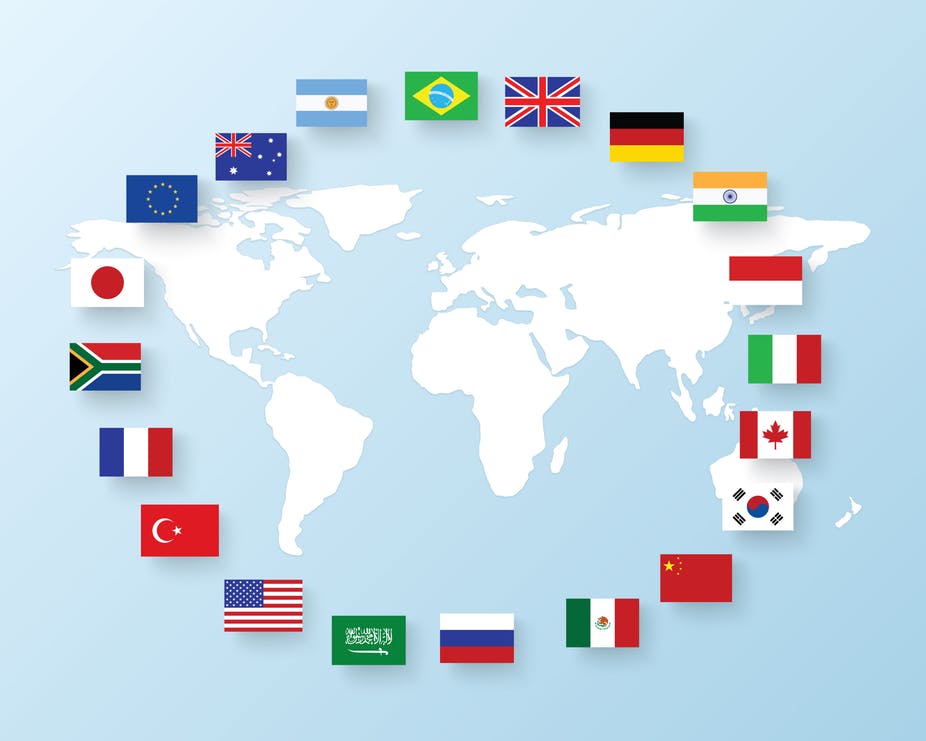The Key G20 Takeaways- Finance In Focus, ‘Workable’ Over ‘Ideal’ Solutions

While the culmination of the prestigious G20 meet ended with a formal consensus and the Delhi declaration, which was a significant achievement for host nation and Chairman India, there was much in the details that is noteworthy. India, as the host, played its part in ensuring interests of the global south especially were brought centre stage, notably the admission of the African Union to the grouping. The high focus on climate funding also served to make it clear that the onus of making real progress lay with the developed world by providing access to financing for developing countries.
The G20, by formally inducted the African Union as a new permanent member, making it the G21, ensured representation of a continent that will be playing a key role in this century’s push for sustainable development and as a source of critical resources
Climate issues continued to get lip service, and some more, as countries professed strong support for the Paris Agreement, and its targets including the 1.5 degree C warming limit. Readers will note that actual performance in making those limits a reality has been much tougher
Climate finance, linked inextricably to managing climate change especially in the global south and elsewhere, saw a significant upgrade, with language moving from billions to trillions of dollars now. That is no surprise really, as individual countries like India need at least $300 billion by 2030 to meet their goals, with the rest of South Asia including Pakistan, Bangladesh, Sri Lanka, Myanmar etc needing another $100 billion at least.
An effort was made to shift the discourse from mitigation – only finance- to resilience and adaptation. For the first time in G20 history,a specific figure of USD 5.8-5.9 tr needed by pre 2030 for NDC achievement, and USD 4TR annually for achieving Net Zero by 2050 was put out there.
Encourages tripling of RE capacity by 2030, and voluntary doubling the rate of energy efficiency improvement by 2030.The agreement to triple renewable energy globally will be a huge boost to the clean energy sector if it can be matched with technology and finance. The base is already being set across the world, with massive efforts to expand manufacturing capacity for RE equipment underway in China, the US, India and Europe. Thus, the importance of finance is the key factor here now.
Underlining the complexity of coal use and its role for developing countries, especially China, India, South Africa and more, status quo was maintained. G20, home to 93% of global operating coal power plants and 88% of new proposed unabated coal power plants failed to agree to end new coal power plant construction. That has to go down as a big miss for the climate, as coal use will undoubtedly make an ever growing share of impact on the climate.
The setting up of a Global Biofuels Alliance did showcase the efforts being made to seek sustainable solutions that, while not being zero emission, are still significantly lower than say, coal, in generating energy.
The estabpishment of a Green Hydrogen Innovation Centre steered by the International Solar Alliance (ISA) and also mentions of derivatives like ammonia formed part of the same effort to look at workable solutions over ideal solutions.
While recognising the need to reduce emissions by 43% by 2030 (relative to 2019 levels) it notes that global peaking must occur before 2025 (as prescribed by the IPCC’s AR6 Synthesis Report), it acknowledges that this doesn’t imply all countries must peak according to this timeline. This shows that while there is acknowledgement of climate science and policy inputs, principles of CBDR- RC remain alive when it comes to climate action.
Strong support expressed for MDB reforms, including Sustainable Finance Working group recommendations for scaling up blended finance and risk-sharing facilities and the enhanced role of MDBs in mobilising climate finance, especially through concessional resources.
Calls for an ambitious second replenishment process of the Green Climate Fund for its upcoming 2024-2027 programming period




